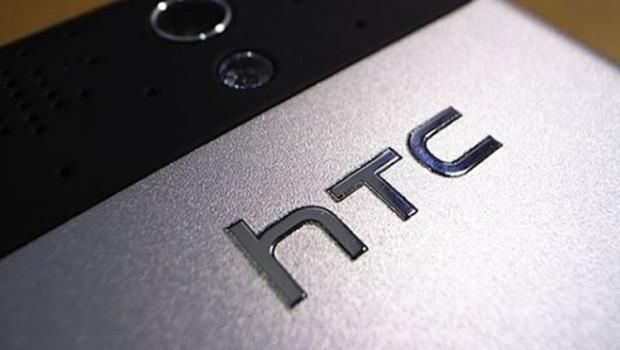
Not every manufacturer can be in the limelight all at the same time. Each one has the potential to be at the top if they want, but even when a company is considered top dog it only has so long before its empire starts to fall. We’ve seen it happen with BlackBerry, Motorola, and most notably at this point and time we can shift our gaze to HTC.
HTC has an intriguing history with smartphones. For a while they made some of the most beautifully designed devices in the market, at least in my opinion they did. When the HTC Touch Diamond came out I drooled over it for months. HTC had more success by releasing other well-designed devices like the HTC Touch Pro 2, the HD2, and eventually led themselves into manufacturing decent Android devices like the MyTouch series for T-Mobile and the Nexus One.
Where I think HTC really took off for itself was about three years ago, about this time of year. On June 4, 2010, HTC released the HTC EVO 4G for Sprint. The EVO 4G was the first 4G phone released on the market in the US; naturally this was a huge thing for HTC at the time.
The hype of the EVO 4G actually lasted for a decent amount of time for a single phone. Even when I began working for Sprint in September of 2011 there were still customers coming in regularly to find an EVO. However, advancements in technology and HTC’s inability to release a successful follow-up (the EVO 3D was often seen as gimmicky rather than futuristic; after owning the device myself, I have to agree) seemed like it played a huge part in what hindered sales for the company.
The next big release after the EVO 3D was the HTC EVO 4G LTE and the HTC One X (they came out about the same time for Sprint and AT&T, respectively) and both generated a bit of buzz for HTC, but again, the hype was short-lived as more Galaxy devices and iPhones overshadowed them on the market.
Now we have the HTC One, which shows that a phone can be remarkably beautiful in design both inside and out. But has it generated enough attention to turn HTC around?
Probably not.
Along with the release of the HTC One, we also got the release of the HTC First, which seems to be all but ‘first’ on people’s list of phones they want to own. By knocking the price down to practically free on a two-year contract after a mere month of appearing on the shelves, the HTC First seems to be on a first-class one-way ticket to Doomsville. So we have one fantastic release and one not-so-fantastic release done simultaneously.
How did Samsung get to be on top? How did Apple get to reign for so long? They consecutively released devices that were either A.) Already good, or B.) Only getting better. HTC is just kind of all over the place, and it doesn’t help that their employees are leaving by the truckloads. Not just regular run-of-the mill employees either – important ones. Kouji Kodera, chief product officer, is said to have left HTC some time last week. Just before that was Jason Gordon, vice president of global communications. Other notable exits include global retail marketing manager Rebecca Rowland; director of digital marketing Jon Starkweather; and product strategy manager Eric Lin.
I won’t speculate exactly what I think this means for HTC, but I do think that HTC needs to sit back and take a breather to get itself together. It’s still considered anyone’s game and if you need to take a water break and come up with a new play-by-play now is the time to do it. It kind of looks like the company is falling apart at the seams, so in my humble opinion I feel like the company could benefit from a small vacation from trying to come up with the biggest, baddest phone. Make a few mid-range Androids and Windows Phone 8 devices and call it a year, and pick the game back up when everything doesn’t look so… abysmal.